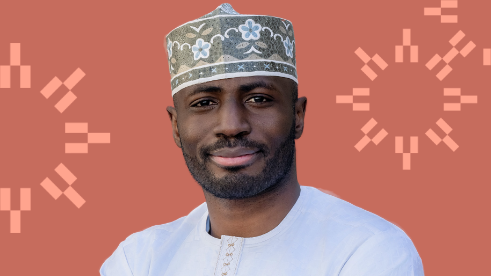Takemi Program in International Health
The Takemi Program in International Health seeks to improve health and health systems around the world by welcoming mid-career health professionals and scholars to the Harvard T. H. Chan School of Public Health to conduct path breaking research and develop their leadership skills.
665 Huntington Avenue, Bldg. 1, Room 1210
Boston, MA 021151, USA
Takemi Research Hub
The Takemi Program promotes research on the world’s most pressing health needs, particularly in low- and middle-income countries, and the most effective ways to address them. During their Fellowship year, Takemi Fellows present research progress via scheduled Preliminary, Mid–year, and Final presentations (where Fellows are given feedback/guidance from faculty advisors and their peers). At the end of the year, each fellow presents an academic poster summarizing their research.
In this section, you can find the web-based version of the latest research outcomes produced by the Takemi Fellows during their time in the program:
2024–2025

Health Security Preparedness Addressing Inequality in Health Preparedness Measures
Dr. Adam Abdullahi (Second-year Takemi Fellow)

<strong>A Longitudinal Study of the Effects of Urban Violence on the Mental Health and Work Performance of Community Health Workers in Northeastern Brazil</strong>
Dr. Anya Vieira-Meyer
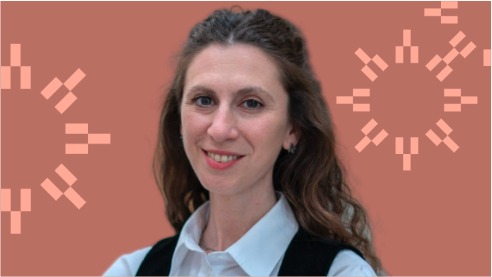
<strong>Evaluation of the Continuum of Care for Cervical Cancer in Argentina: A Mixed-Methods Analysis Using the SUMAR Program Database (2019–2023)</strong>
Dr. Camila Volij
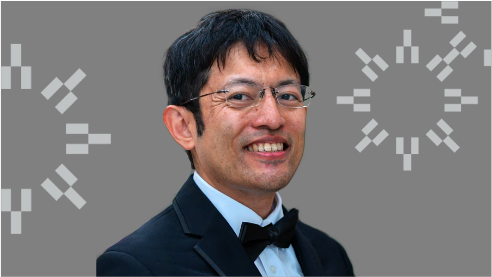
Heterogeneous Associations Between Virtual Communication and Loneliness:<br>A Machine Learning Approach
Dr. Daisuke Kato
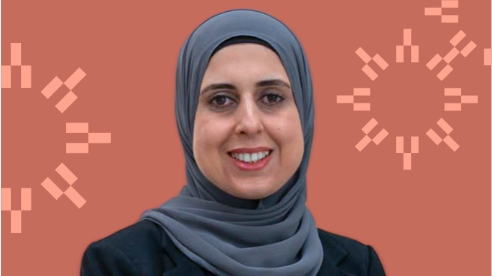
Mental Health Literacy Among Populations<br>In and From War and Conflict Zones: A Narrative Review.
Dr. Fareeda Abo-Rass (Second-year Takemi Fellow)
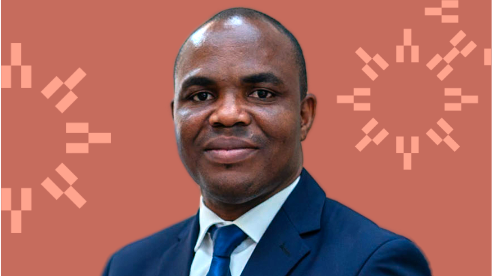
<strong>Beyond COVID-19: Sustaining Health Promotion Strategies for Improved Health Outcomes in Ghana</strong>
Dr. Francis A. Adzei
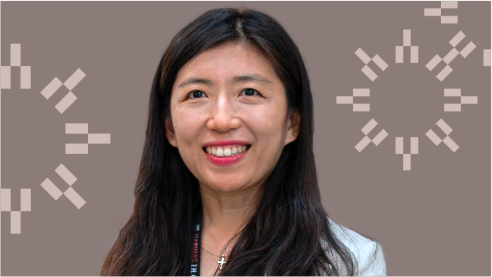
<strong>Identification of the Key Factors Predicting Depression Dynamics Based on Cohorts with Diverse Socio-Economic Conditions in Asia</strong>
Dr. Jie Jane Zhao
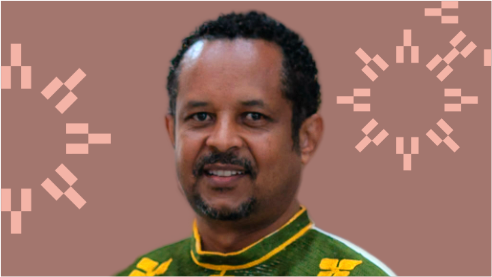
<strong>Quality, Equity, and Effective Coverage of Child Health Services in Ethiopia</strong>
Dr. Theodros Getachew
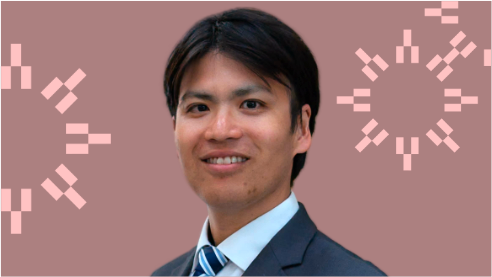
Stable Iodine Implementation as a Thyroid Protection Measure in Nuclear Emergencies
Dr. Yoshitaka Nishikawa
2023–2024
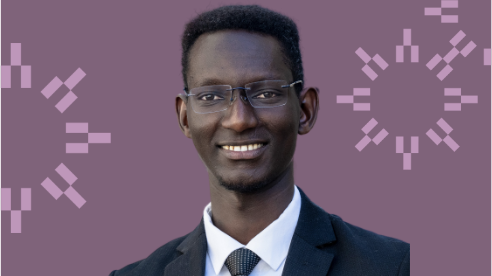
<strong>The Impact of COVID-19 on Tuberculosis Mortality and Multidrug Resistance in Burundi: A Case-Control Study</strong>
Dr. Arnaud Iradukunda
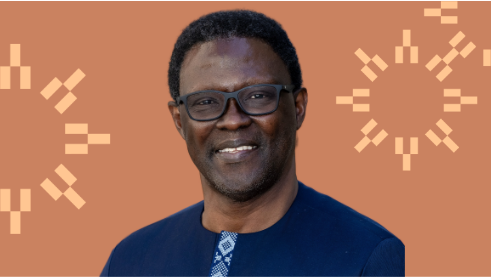
<strong>Prioritization of a Lassa Fever Vaccine in Endemic Countries: A Scoping Review and Key Informant Perspectives</strong>
Dr. Christopher da Costa

<strong>Determinants of Intentions to Seek Formal Mental Health Help Among Palestinian Adolescents in Israel</strong>
Dr. Fareeda Abo-Rass
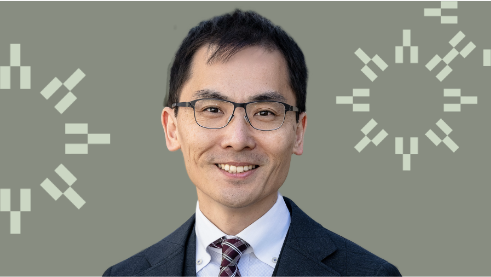
<strong>Differences in Assessing Loneliness Among Japanese Older Adults: A Comparison of Family Physicians and Nurses</strong>
Dr. Kazutaka Yoshida
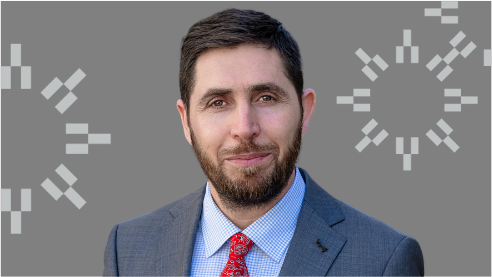
Descriptive Epidemiology of Cancer in Afghanistan
Dr. Maihan Abdullah
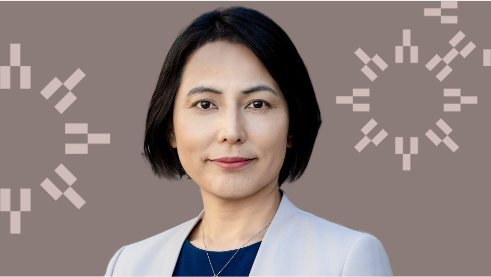
Advancing Decent Work for All: A Study on Health Disparities Among Diverse Work Arrangements and Employment Status, Including Gig Work, in Japan
Dr. Mariko Inoue
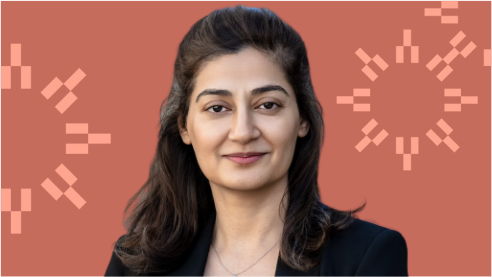
<strong>Can Adopting a Priority-Setting Paradigm Help the Ministry of Health Effectively Promote Intersectoral Actions for Health?</strong>
Dr. Wafa Aftab
